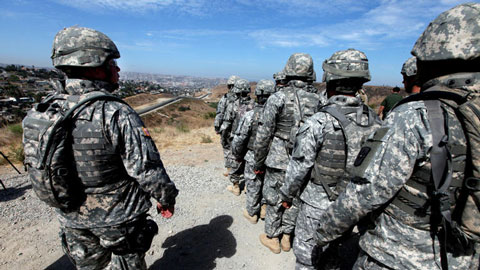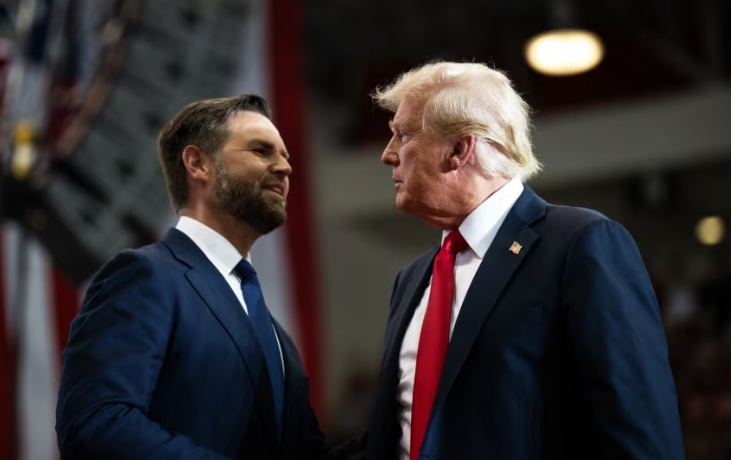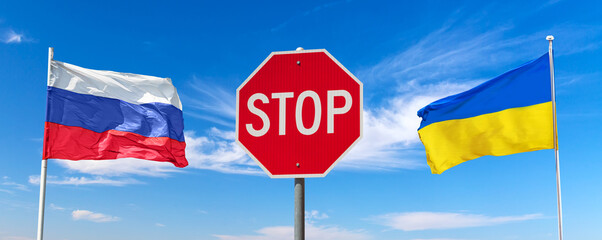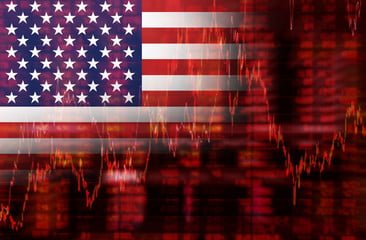Trump Sends National Guard to Liberate DC from Gangs, Maniacs & Homeless

This article was originally published by G. Calder at The Exposé.
President Trump has just made one of the most aggressive federal interventions in Washington, DC’s recent past. Described as “liberation day in DC”, the president has seized control of the city’s police force – for the first time in its history – and deployed an additional 800 National Guard troops in order to restore order in the country’s capital. Trump told reporters that he is taking “historic action to rescue our nation’s capital from crime, bloodshed, bedlam, and squalor and worse. This is liberation day in DC and we’re going to take our capital back”. The move is hailed by supporters as decisive leadership, while critics condemn the news as an unprecedented assault on the autonomy of a racially diverse city.
Trump said the action is a necessary response to what he described as a city “taken over by violent gangs and bloodthirsty criminals” as well as “drugged out maniacs and homeless people”. The resulting federal takeover will last for an initial 30 days under Section 740 of the District of Columbia Home Rule Act, during which the city’s police force will be placed under the control of Attorney General Pam Bondi.
Why Trump Intervened
According to President Trump, DC’s murder rate is “higher than some of the most dangerous places on earth”. He cited the capitals of Colombia and Mexico as comparisons. He further argued that Washington DC should be one of the safest, cleanest and most beautiful cities anywhere in the world, vowing to make it so by removing the homeless population and allowing the police to do “whatever the hell they want” in order to restore order, saying “that’s the only language they understand. They like to spit in the face of the police. You spit, and we hit, and they get hit real hard”. He has also suggested he will send in the military if needed.
One of the key motives is a recent incident of alleged assault in the city involving a 19-year-old government staffer. Following the attack, Trump took to Truth Social last week to threaten to “federalize” the city if local authorities failed to address crime, saying “crime in Washington, D.C., is totally out of control”. He continued, “If D.C. doesn’t get its act together, and quickly, we will have no choice but to take Federal control of the City, and run this City how it should be run.”
Reality on the Ground in Washington, DC
Despite the bold move, it’s reported that the crime situation in DC may not currently be as critical as President Trump is claiming. In 2023, homicides spiked to a 25-year high, but violent crime has once again dropped sharply. As of the day Trump took office in 2025, however, the city had returned to a 30-year low in violent crime, and homicides have already fallen another 26% since January, according to police data.
Mayor Muriel Bowser, along with various city officials, argue that their crime reduction strategies are working, and that there is currently much more order in the city today than there has been for decades. Bowser, who believes the president’s intervention is politically motivated and described it as “unsettling and unprecedented,” has still pledged to cooperate with the federal government.
Political Fault Lines
Hakeem Jeffries, House minority leader, labelled Trump a “wannabe king,” saying his plan to “unleash the national guard on the city’s youth and homeless population has no basis in law”. Democrats in general have been quick to frame the move as a political stunt.
Meanwhile, civil rights leaders, including Al Sharpton, are suggesting that the move is another distraction from ongoing controversies and cite critiques of how the administration is currently handling the Jeffrey Epstein files. Sharpton, who is the founder and president of the National Action Network, said, “Donald Trump was inspired to take this disgusting, dangerous, and derogatory action solely out of self-interest… Let’s call the inspiration for this assault on a majority Black city for what it is: another bid to distract his angry, frustrated base over his administration’s handling of the Epstein files.”
However, allies of Trump appreciate the strong law-and-order message being sent to voters who are concerned about safety and urban decay. Attorney General Jeanine Pirro, for example, has already openly called for harsher treatment of young offenders and pushed for more juvenile cases to be tried in adult court.
How This Could Affect Everyday Americans
Residents of Washington, D.C., will see an influx of armed National Guard troops, a federalized police force, and the potential disappearance of homeless encampments around the city. Some people will feel a renewed sense of safety, while others will fear an increase in heavy-handed policing and the erosion of local democracy.
Nationally, though, this could set a precedent. If DC can have its police force federalised based on claims that public safety is at risk despite falling crime statistics, then other cities could, in theory, follow suit. Chicago, San Francisco, or New York could risk seeing similar moves if the White House deemed them unsafe.
Why Now?
Timing seems an important factor to consider here. Trump’s actions in Washington, D.C., could be seen as part of building his campaign narrative, showing a tough-on-crime stance that appeals to his base, while critics see it as political theatre aimed at energising supporters ahead of the vote. The president appears to be sharpening his law-and-order stance to prove that he’s the president who can, and will, “clean up” America’s cities. There are also broader debates ongoing about homelessness, urban crime, and striking a balance between civil freedoms and public safety.
Public narrative looks polarised: is this a calculated political power grab over a city that currently votes Democrat, or a genuine attempt to protect citizens and beautify the capital?
What Might Happen Next
It’s likely that the increased policing could deliver a temporary dip in street crime and visible disorder, meaning Trump can claim a political victory. It’s also possible that local backlash leads to city officials and residents pushing harder for DC statehood and protecting against future interventions, while other cities may begin to fear similar takeovers – especially if Trump claims success in DC and gains public support for the measure. It’ll also be interesting to see whether civil rights groups challenge this move in court, based on the argument that it could violate constitutional limits on federal authority.
Let’s see.
Final Thought
Deploying the National Guard in DC and taking control of its metropolitan police force has the potential to affect more than just the local area. It’s not only a test of federal authority, it’s a warning shot for other cities, and a clear statement of political philosophy in the US.
History may look at this either as a dangerous overreach into local governance, or as a vital turning point in restoring law and order around the country – time will tell. Will DC’s “Liberation Day” mark the start of a safer city, or a new era of political control over America’s urban life?







